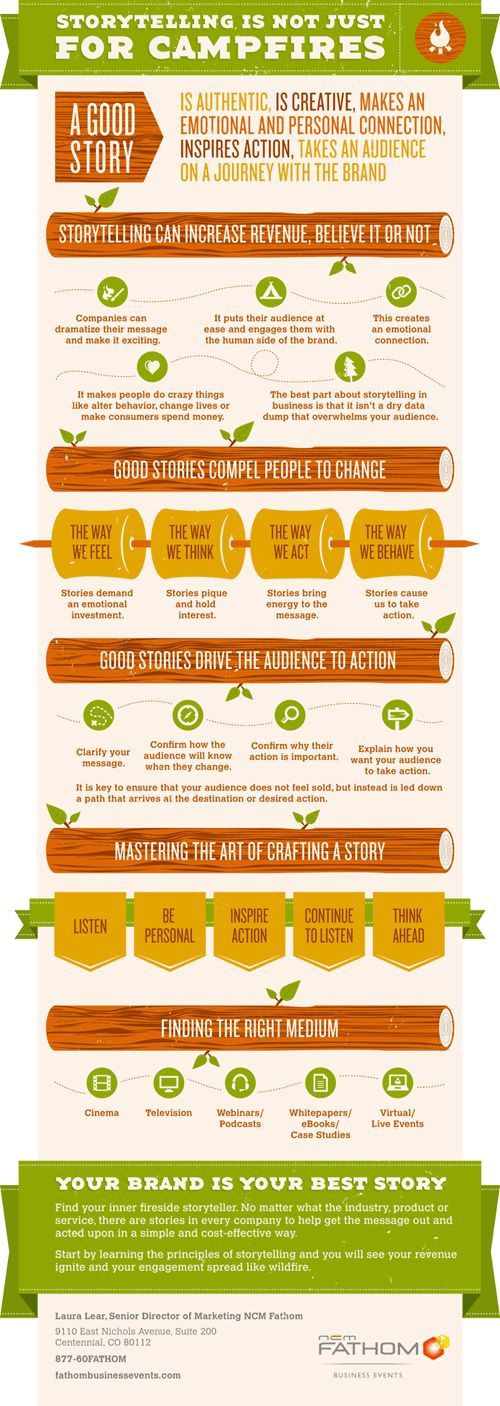Guest post by Steve Markman
Marketing mix: Your marketing and PR efforts should be in the forefront of your organization, given today's competitive climate and the uncertain economy. Standing out from the crowd, regardless of your organization's industry, is a huge challenge. How can you meet this challenge?
Many organizations have recognized the value of holding seminars at which their executives make presentations. The problem with these seminars is that, more often than not, the attendees are existing customers, clients or individuals who are already familiar with the firm.
Companies need to expose their expertise to prospective customers and clients. What is a proven method of accomplishing this objective? By speaking at public forums - at conferences, seminars and forums held by independent event organizations, associations, professional and industry trade groups, and academic institutions and think tanks - enormous exposure is created.
There is much evidence in the field of professional services marketing that speaking in public forums often results in new business, by providing increased awareness of your company in general and specific subject areas in particular, to an audience of your potential customers or clients. Presentations about industry trends or "how-to" talks can make a large impact on your audience.
Speaking opportunities for consulting firm principals, corporate executives and entrepreneurs represent a strong marketing, public relations, and business development tool for the following reasons:
1. Attendees get to learn about your firm's expertise firsthand and can interact directly with your speaker immediately before or after the presentation. An attendee asking for a business card can be the first step to obtaining a new client. The press in attendance also present opportunities for added exposure.
2. Gaining increased visibility in vertical/industry sectors or broad-based areas that your firm has determined is in need of greater exposure. This can be an established line of business where your firm speaks from a position of strength and is known as a "go-to" firm for a particular area. Conversely, presentations can cover an area that is just getting off the ground or at an early stage in its development and needs some fast exposure to let your potential customers know about your newly offered products or services.
3. Your company gains "advertising" by having its name and your executive speaker's name published in the agenda of thousands of brochures and promotional announcements mailed or e-mailed by event organizers.
What should your professional services firm be doing to get your executives and managers out on the speaking circuit? Take the following eight steps:
1. Decide which product or service area(s) your firm should be targeting for increased visibility. Make sure that you have executives in those areas committed to the idea of making public presentations. Some will resist the idea of taking time away from other business activities so make sure that you have their full support.
2. Get the right speaker on board. Proposed speakers should be experienced executives and, preferably, experienced speakers. Small-to medium-sized organizations should nominate their CEO or other senior executive. Large organizations can also nominate staff at the director or manager level, depending on the criteria of the speaking opportunity.
3. Speak to the right audience. Thoroughly research the events for which representatives of your firm can be proposed as speakers, as solo presenters or as panelists. There are so many events taking place on so many topics, frequently simultaneously, that you'll need to choose diligently in order to maximize the time and expense associated with speaking. Identify speaking engagements whose audience represents the customers and industries your organization wants to reach.
4. Develop a proactive speaker placement program. It's fine to evaluate unsolicited speaking opportunities. However, having someone dedicated to the task who will aggressively identify opportunities, develop relationships with event organizers and write and submit speaker proposals, should lead to an increase in the frequency of speaking engagements and thus increased visibility for the executives participating and the firm as a whole.
5. Decide on the geographic area to target for speaking engagements - locally, regionally, nationally or even internationally. There are thousands of speaking opportunities held worldwide every year.
6. Create high-impact presentations. Audiences want to get actionable information they can take back to their organizations. They don't want to hear that your firm is the leading firm in this or that subject area. A solid, informative presentation that covers applications or technologies and is not product or company specific will create instant credibility and obviate the need for a "sales pitch." A presentation that turns out to be a sales pitch will ensure low evaluations by the audience and a one-way ticket home from the conference organizer. The speaker who gives a sales pitch is duly noted and rarely invited back, oftentimes tainting the entire company in the eyes of the event organizer.
7. Learn the process for submitting a speaker proposal to the event organizer - follow the format established by the organizer for writing a presentation abstract, submitting bios and speaker expertise, previous speaking experience information, and, of course, meeting the proposal deadline date. Make sure you tailor the abstract and the bio to each speaking opportunity so that they fit the objectives of the audience.
8. Follow up continuously and persistently with the event organizer to help your company stay above the noise, since you will often be competing with several other companies for the same speaking slot.
By developing an effective speaker placement program for your organization, you will have taken a big step in meeting your marketing, PR, and business development objectives.
=====
Steve Markman is President of Markman Speaker Management (MSM) a Needham, Mass.- based speaker placement and conference development firm established in 1994.
 Marketing Concept: Headlines eh? Doncha love ’em.
Marketing Concept: Headlines eh? Doncha love ’em. 





 As a marketing speaker and marketing coach for thought-leading professionals and professional services firms, I'm continually amazed at the stupidity of firms who just DON'T get the fact that their marketing messages are
As a marketing speaker and marketing coach for thought-leading professionals and professional services firms, I'm continually amazed at the stupidity of firms who just DON'T get the fact that their marketing messages are  As a marketing speaker, I can safely say that meeting planners are the reason we have SUCCESSFUL meetings.
As a marketing speaker, I can safely say that meeting planners are the reason we have SUCCESSFUL meetings. Today's marketing concept for you is simple - check this out:
Today's marketing concept for you is simple - check this out: Every day here at Do It! Marketing HQ, we work hard to make sure the clients we love are extremely happy with our work and our results. At the same time, we work hard to keep OUT clients who will make us nuts, sap our energy, or for whom it will be impossible to do our best work.
Every day here at Do It! Marketing HQ, we work hard to make sure the clients we love are extremely happy with our work and our results. At the same time, we work hard to keep OUT clients who will make us nuts, sap our energy, or for whom it will be impossible to do our best work. As a marketing speaker and marketing coach, the question often arises about how to deliver persuasive speech topics effectively.
As a marketing speaker and marketing coach, the question often arises about how to deliver persuasive speech topics effectively. 